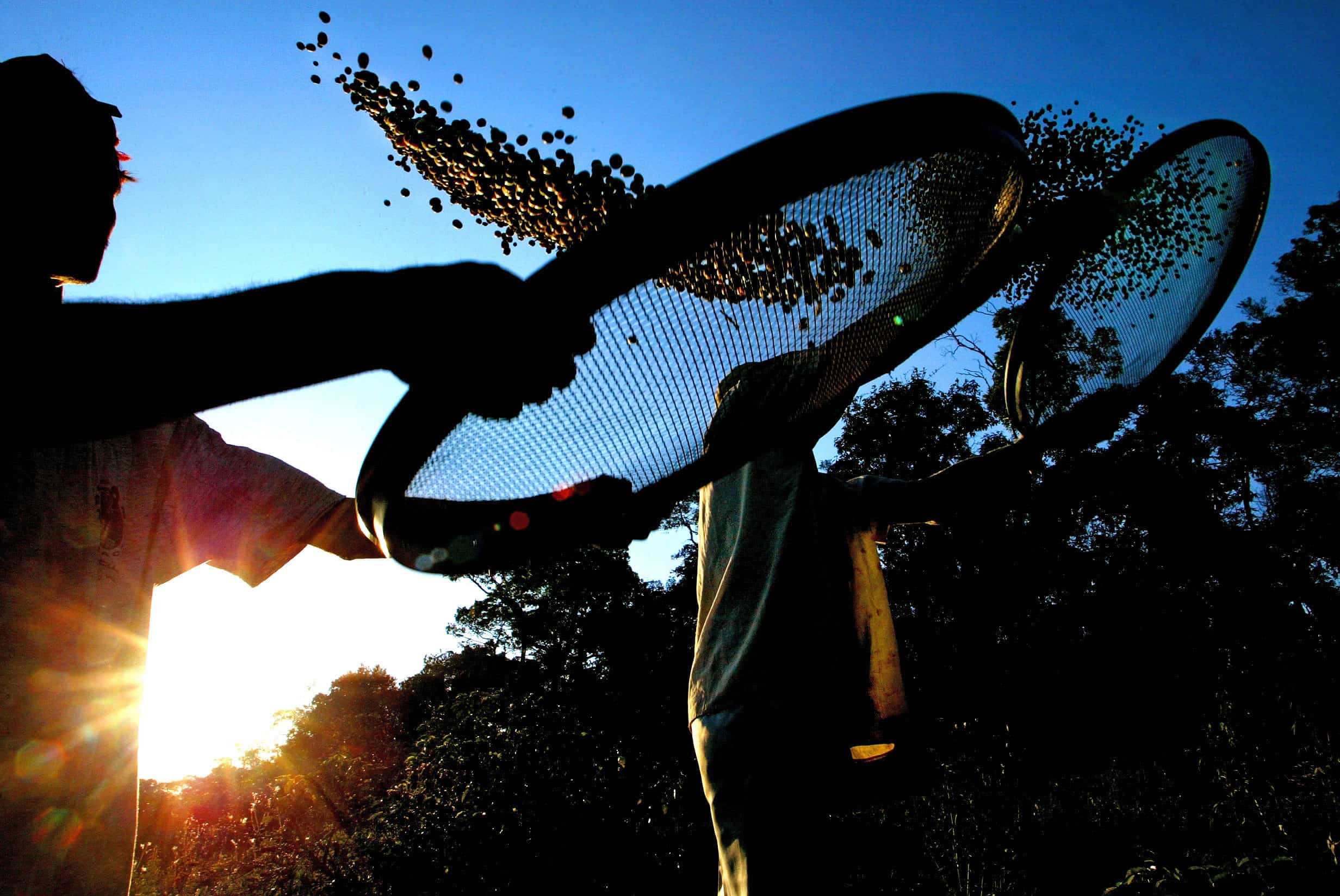Have you ever experienced rural tourism in Costa Rica? If not, you are missing out on a lot!
UNWTO (United Nations World Tourism Organization) defines Rural Tourism as “a type of tourism activity in which the visitor’s experience is related to a wide range of products generally linked to nature-based activities, agriculture, rural lifestyle/culture, angling, and sightseeing.”
Costa Rica is seeing a rise in rural tourism with more tourists taking interest in local, authentic activities. Tourists now want to explore outside the main tourist hotspots and indulge in community-based activities, traditions, and storytelling.
There are many chocolate and coffee tours in Costa Rica where you get a tour of the plantations, can taste their products, and even buy directly from them. In some places, you can even learn the process of making the product.
I once took a tour in the town of La Fortuna where I was taken to a village and introduced to a community. The leader spoke about the history of the community, and what they do for a living, and in the end, showed me some locally made handicrafts and art which were for sale. I found this tour very interesting and informative because as an expat living in the central valley, I hadn’t been exposed to village life before.
Having understood what rural tourism is, let’s now take a look at some of the benefits that rural tourism offers to rural regions and communities.
5 Benefits of Rural Tourism in Costa Rica
1. Helps tourists experience an authentic village life
Rural tourism provides tourists with an excellent opportunity of living with the locals, eating home-cooked meals with local farm produce, and experiencing rural life firsthand. They can take a stroll on the farms in the mornings, help the farmers in the fields, and listen to the tales of the local people.
The rural life of the village, the stunning backdrop of greenery all around, and most importantly the warmth and hospitality of local people is refreshing and relaxing for the tourists.
2. Helps in boosting the rural economy
Many farmers and villagers migrate to urban areas due to a lack of employment opportunities or a sustainable source of income in their villages. Rural tourism helps in the economic growth and development of the rural region through an influx of tourists. This also ensures a stable income through employment, investment, or entrepreneurship.
3. Preserves and promotes locally-made products
Through Rural tourism, tourists are introduced to a wide range of locally made handicrafts, souvenirs, textiles, paintings, food products, and even folklore and architecture. The sale of these local products generates revenue for the local people and therefore helps in improving their living standards.
This also presents an opportunity for the promotion of the products outside the geographical area of the community. Moreover, the added income from rural tourism can be diverted toward the revival of handicrafts and folk art.
4. Promotes local culture
Many practices and traditions of communities are now getting lost due to increasing urbanization and modernization. With rural tourism, tourists can experience, engage, and participate in local traditions. There is a huge scope for cultural exchange between locals and tourists, and the promotion of native traditions across communities, cities, and even countries.
5. Nurtures an environmentally conscious mindset in tourists
Exposure to authentic village life evokes a sense of responsibility towards the environment and nature in tourists. It also helps develop consciousness of biodiversity found in rural life. Both tourists and natives are made aware of the importance of the protection and conservation of natural resources like native flora & fauna, mountains, rivers, mangroves, forest lands, etc.
Final Thoughts
As much as possible, we should always try to indulge in slow travel. When we travel slowly, we are more open to experiencing different cultures and lifestyles. Our itinerary allows us to integrate rural tourism and ecotourism into our plans. Together, let’s support and promote the local culture, cuisine, ingredients, handicrafts, and economy! Cheers!






